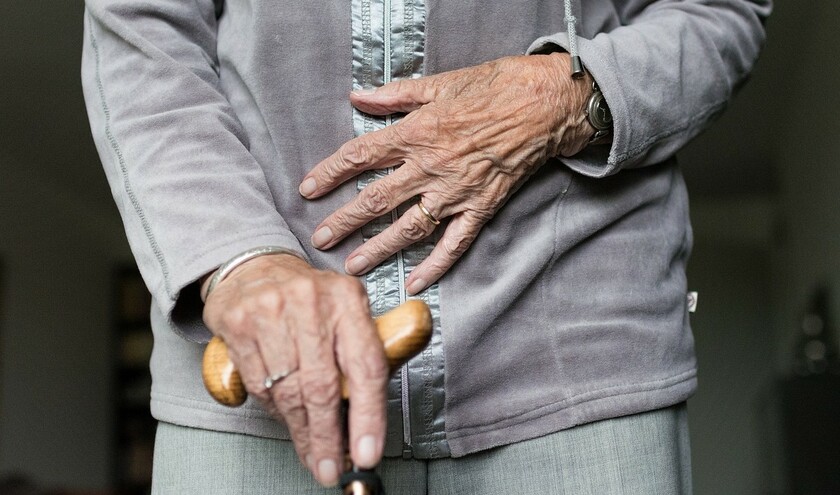The eFalls digital system helps GPs identify older adults who are at moderate risk of falling in the future so they can receive early support to prevent injuries and maintain their independence.
The pilot is being rolled out in the South Wigan Ashton North (SWAN) primary care network, which covers around 37,000 people, and is focusing on identifying those who have a moderate risk of falling in the future.
The eFalls tool searches within the digital GP systems, using indicators such as frailty scores, falls history, medications, and long-term conditions. These searches puts patients in different risk categories.
During the pilot period, searches are being run by the NHS Greater Manchester data team. The long-term aim is for the toolkit to be fully embedded in GP IT systems, allowing practice teams to run the searches in just a few clicks.
Patients identified as at a moderate risk of falling are invited for a health check and offered a place on the clinically proven Falls Management Exercise (FaME) Programme. These classes help improve strength, balance and confidence. Patients may also be referred for eyesight checks and other preventative support. The pilot is testing the implementation process, which means identifying the right patients and supporting them into effective interventions like the FaME programme.
Dr Nikesh Vallabh, GP and clinical director for the SWAN Primary Care Network, said: 'This approach shows the power of combining local insight, strong neighbourhood partnerships and evidence-based tools. By identifying those most at risk, we can connect them with trusted, community-based services like FaME. It's a proactive, personalised model that supports independence and reduces pressure on the wider health system.'
The eFalls pilot, which is being delivered in collaboration with academic partners at the Universities of Leeds and Birmingham, is due to end in October 2025.
The Greater Manchester pilot is supported by a £100,000 grant jointly funded by the Office for Health Improvement and Disparities (OHID) and the Centre for Ageing Better.



